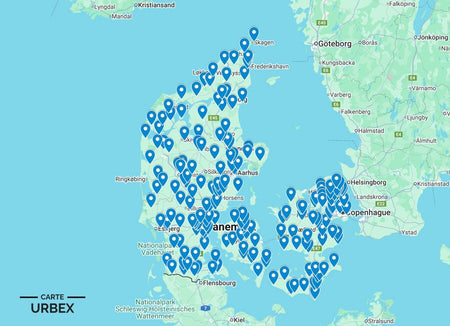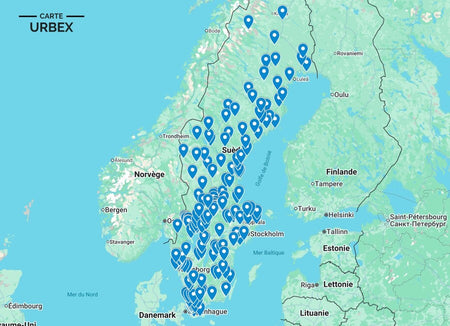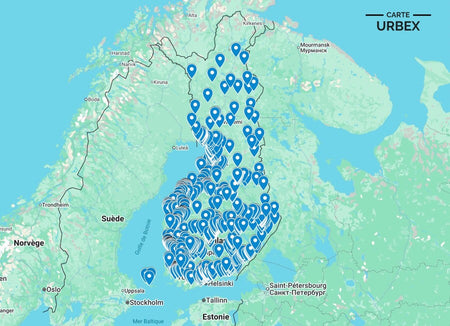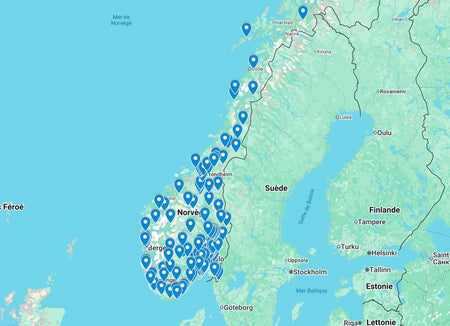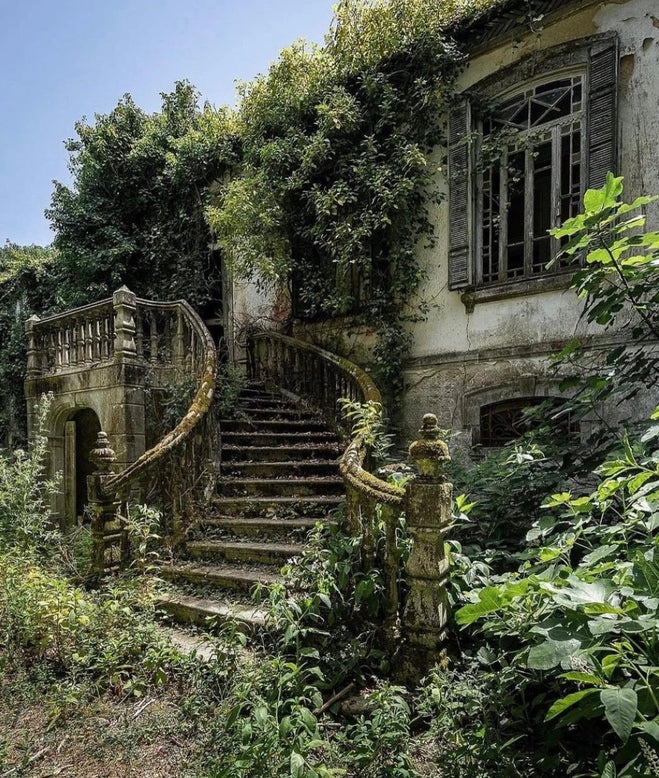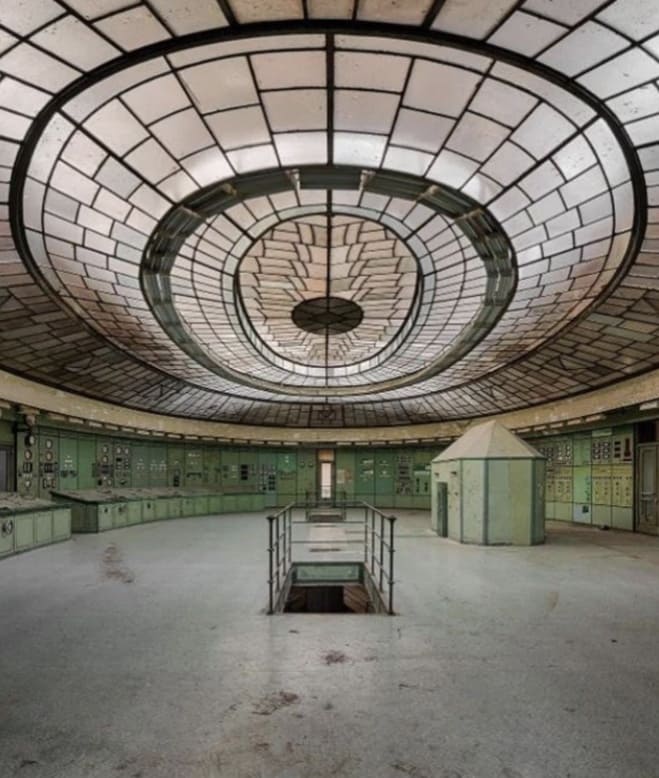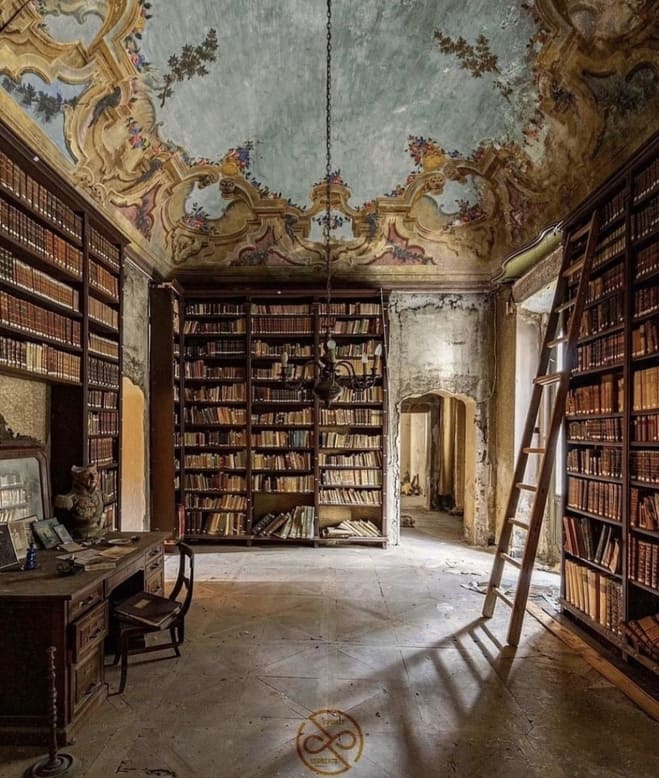Abandoned Places Denmark: Exploring Forgotten Sites of History and Mystery
Introduction
Denmark is often associated with fairy-tale castles, modern design, and vibrant cities like Copenhagen and Aarhus. Yet hidden beneath its polished surface is another world: the many abandoned places Denmark has to offer. These forgotten sites – from empty schools and deserted factories to Cold War bunkers and rural farmhouses – reveal a fascinating side of Danish history. They attract urban explorers, photographers, and history enthusiasts eager to document what time has left behind. In this article, we’ll explore why Denmark is an exciting destination for urban exploration, highlight some notable abandoned sites, and provide tips for exploring safely and respectfully.
Why Explore Abandoned Places Denmark?
A Glimpse Into the Past
Each abandoned place tells a story about Denmark’s social, industrial, or military past. Empty schools reflect demographic shifts, while deserted factories reveal the decline of traditional industries.
A Photographer’s Paradise
For photographers, abandoned places Denmark are full of inspiration: peeling paint, broken windows, rusting machinery, and the contrast of nature reclaiming human spaces.
Adventure and Discovery
Urban exploration, often called urbex, combines history with the thrill of adventure. The excitement of stepping into a forgotten building keeps explorers coming back.
Famous Abandoned Places Denmark
Abandoned Schools
As rural areas lost population, many village schools closed. Today, explorers can still find classrooms with desks, blackboards, and books left behind.
Factories and Industrial Relics
From textile mills to food-processing plants, Denmark’s industrial history has left behind numerous empty sites. Their vast halls and machinery offer dramatic urbex experiences.
Hospitals and Asylums
Like in other parts of Scandinavia, Denmark has eerie abandoned hospitals and asylums. These places, with empty corridors and medical equipment, are favorites among urban explorers.
Cold War Bunkers and Military Sites
Denmark’s strategic location during the Cold War resulted in the construction of bunkers, radar stations, and military bases. Many are now abandoned and hidden in forests or along the coastline.
Farmhouses and Rural Homes
In Denmark’s countryside, explorers often discover deserted farmhouses and cottages, still filled with personal belongings that provide a glimpse into everyday life decades ago
How to Find Abandoned Places Denmark
Online Maps and Tools
-
Google Maps & Satellite Views: Overgrown gardens, unused roads, and empty lots often reveal abandoned structures.
-
Historic Maps: Comparing old maps with current landscapes can uncover long-forgotten villages or sites.
Social Media
Instagram, TikTok, and YouTube feature many explorers documenting abandoned places Denmark. Search for hashtags like #urbexdenmark, #abandoneddenmark, or #forladtesteder.
Local Knowledge
Talking to locals is one of the best ways to find hidden spots. Residents in rural areas often know about closed schools, unused factories, or abandoned farms.
News and Archives
Old newspaper articles often mention closures of schools, industries, or military installations. These can serve as leads for potential urbex adventures.
Safety and Legal Considerations
Safety Risks
Exploring abandoned places comes with hazards:
-
Collapsing roofs or floors
-
Mold, asbestos, and dust
-
Rusty metal, broken glass, and nails
Safety tips:
-
Wear sturdy footwear, gloves, and a mask
-
Carry a flashlight and backup batteries
-
Explore with a partner for added safety
Legal Aspects
Most abandoned places in Denmark are still private property. Entering without permission is trespassing. Urbex explorers follow the golden rule: “Take nothing but pictures, leave nothing but footprints.” Always respect the site.
Urbex Ethics in Denmark
The urbex community values respect and preservation. The unwritten rules are:
-
Do not vandalize or damage property
-
Do not remove objects
-
Do not publish exact addresses publicly (to protect sites from destruction)
By following these guidelines, explorers ensure that Denmark’s abandoned places remain preserved for future generations.
Why Abandoned Places Denmark Fascinate Explorers
-
History: Forgotten schools, factories, and military bunkers reveal the nation’s past
-
Visual Appeal: Perfect for photography, art, and film projects
-
Adventure: The thrill of uncovering secret and forgotten places
-
Community: Urbex brings together explorers worldwide with shared curiosity
FAQ
What are the most famous abandoned places Denmark has?
Cold War bunkers, rural schools, factories, and deserted farmhouses are among the most popular urbex sites.
Is it legal to explore abandoned places in Denmark?
Most are private property, so entering without permission may be illegal. Some bunkers and ruins are accessible outdoors.
Why don’t urbex explorers share exact addresses?
To protect abandoned places Denmark from vandalism and ensure they remain preserved for respectful explorers.
Conclusion
Abandoned places Denmark are more than ruins – they are living reminders of history, culture, and industry. From eerie hospitals and military bunkers to rural farmhouses and industrial relics, these sites offer a unique perspective on Denmark’s past. Exploring them is both an adventure and a way to document forgotten heritage. But urbex must always be done safely, legally, and with respect. For those who dare, Denmark’s abandoned places reveal a fascinating hidden world waiting to be discovered.



